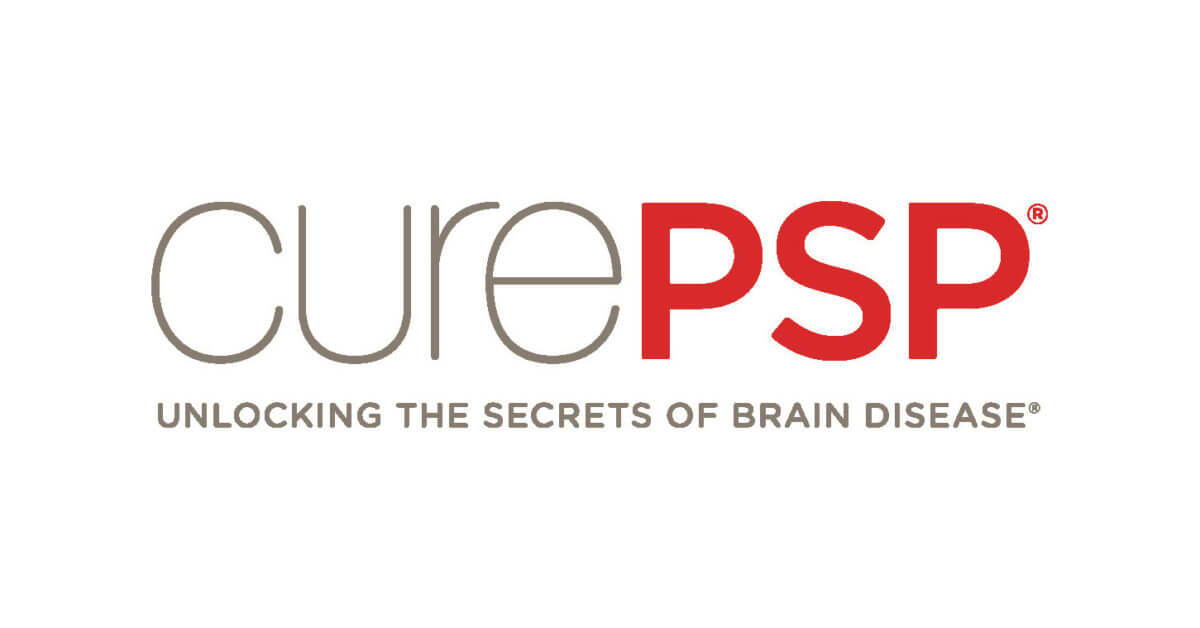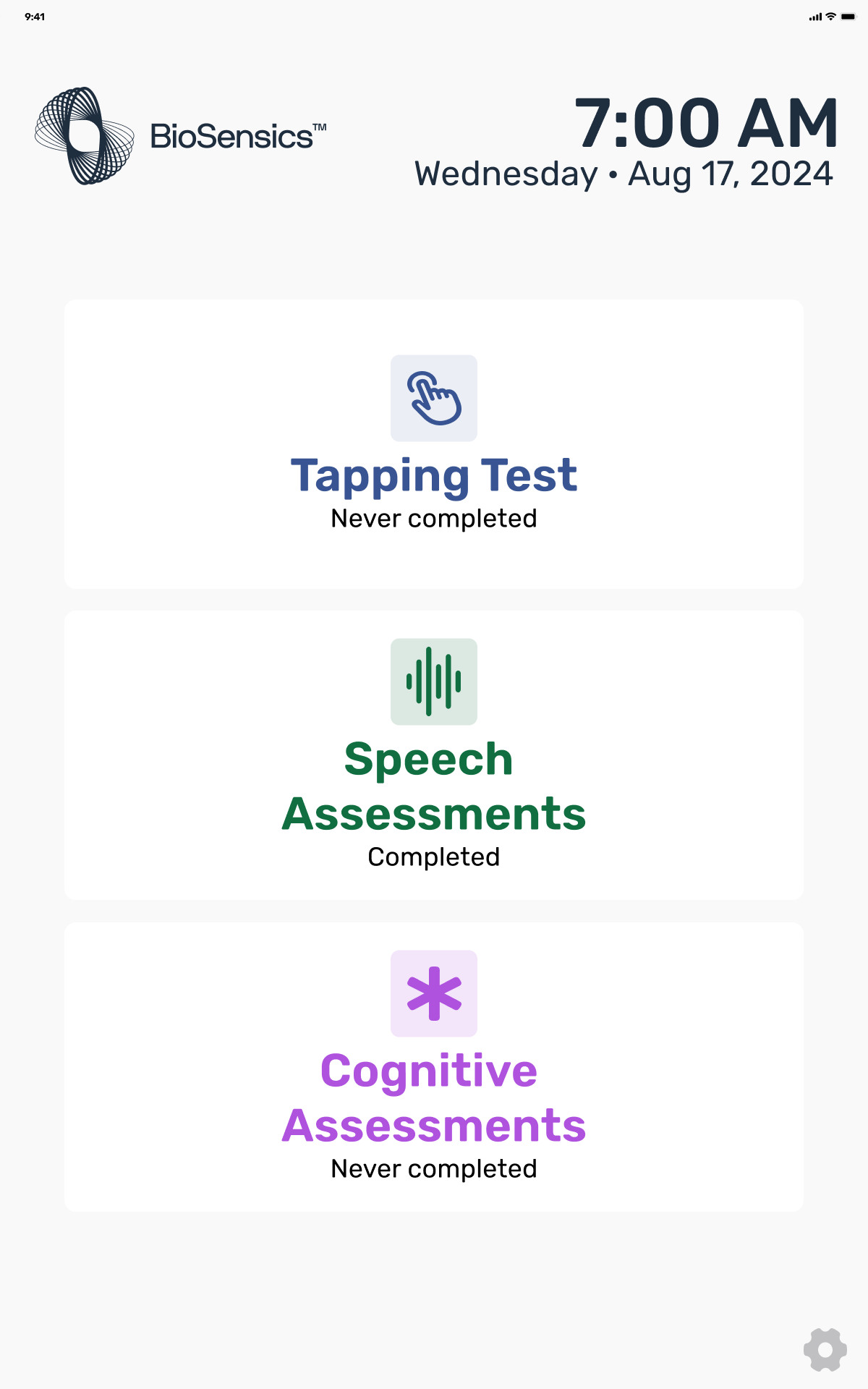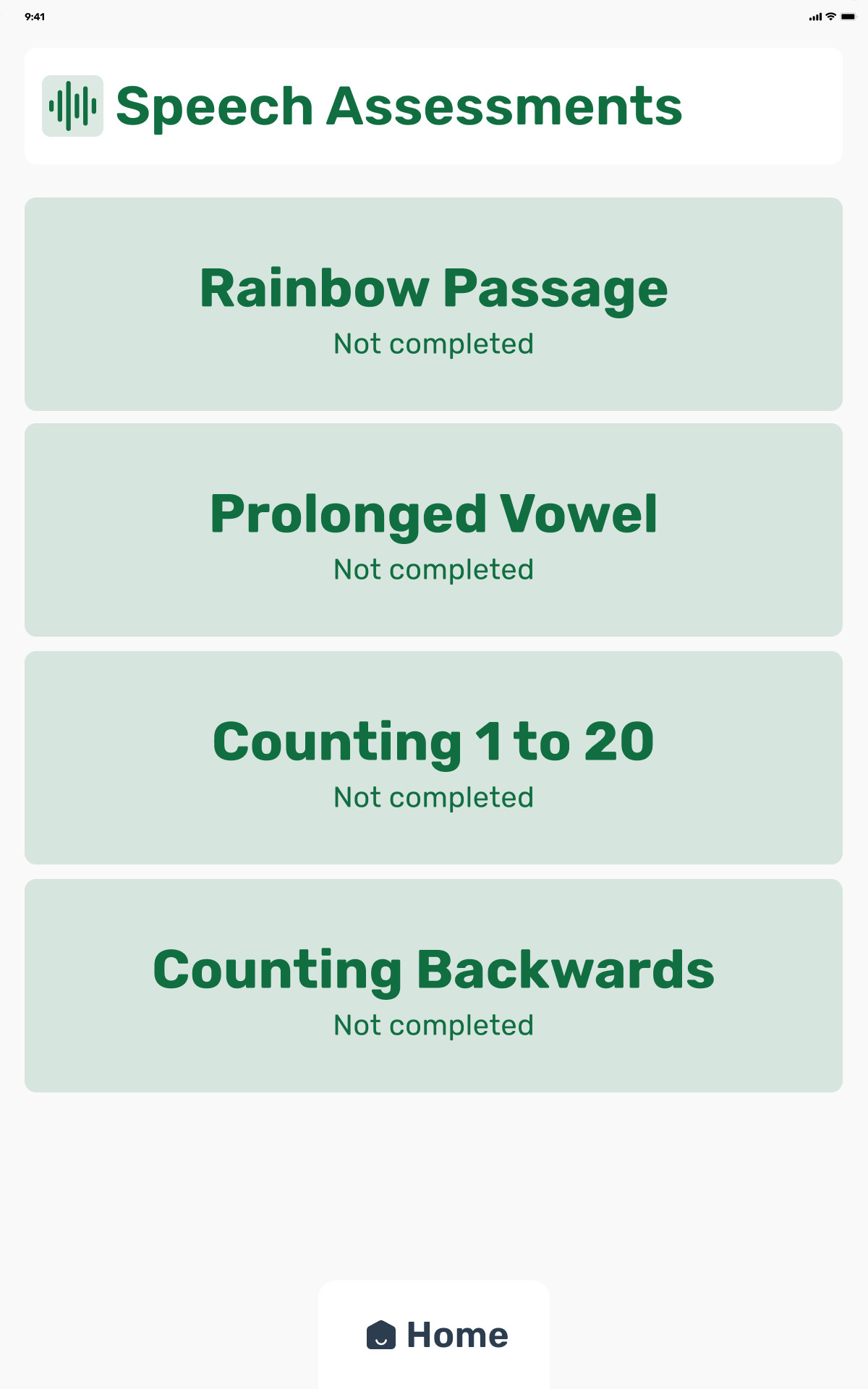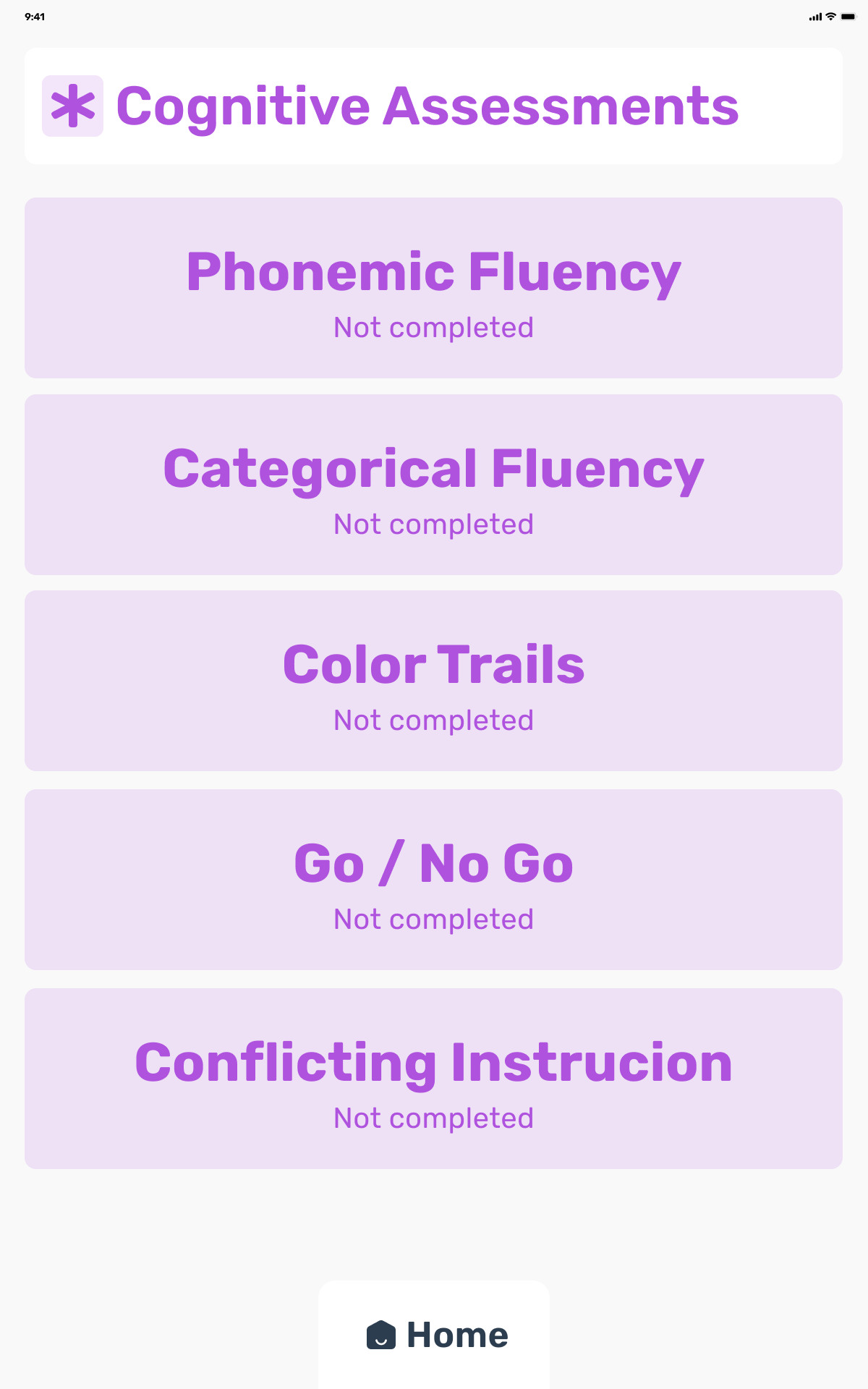Research
Progressive supranuclear palsy
Validating the use of wearable sensors and digital health technologies to measure and track motor, speech and cognitive function in progressive supranuclear palsy.
Progressive supranuclear palsy (PSP) is a rare neurological disorder characterized by progressive problems with balance, movement, vision, speech, and swallowing. It results from the deterioration of specific areas in the brain, particularly the brainstem, basal ganglia, and frontal lobes. There is no cure for PSP and no approved medication for alleviating ITS symptoms.
Our research in PSP, supported in part by $2.5M of funding from the NIH, is focused on the used of 1) wearable sensors for monitoring changes in physical activity, fall frequency and hand function during activities of daily living over time, 2) BioDigit Speech to assess speech dysfunction and dysarthria, and 3) Digital cognitive and fine motor control assessments to measure cognitive and motor decline over time.
Our clinical studies in PSP
BioDigit PSP
Clinicaltrials.gov ID: NCT04753320
Status: Recruiting
Number of participants: 50
Monitoring period: 12 months
Study product: BioDigit FTLD, LEGSys, PAMSys, PAMSys Fall
BioDigit PSP2
Clinicaltrials.gov ID: NCT05956834
Status: Recruiting
Number of participants: 60
Monitoring period: 12 months
Study products: BioDigit FTLD, PAMSys
BioDigit FTLD solution
BioDigit FTLD is a multi-modal digital health technology designed for objective, precise and frequent monitoring of symptoms in frontotemporal lobar degeneration (FTLD) syndromes. Developed in collaboration with FTLD experts and incorporating patient feedback, this technology aims to enhance disease evaluation and management.
BioDigit FTLD incorporates several BioSensics products to provide comprehensive monitoring of symptoms related to different FTLD syndromes using a single digital health solution:
FTLD-related clinical questionnaires, including PSP-QoL and CBFS.
BioDigit Speech for frequent assessment of speech dysfunction and dysarthria
Digital cognitive and fine motor controls assessments for frequent at-home measurements
PAMSys and PAMSys Fall wearable sensors for precision actigraphy and measuring fall frequencies.
LEGSys for remote at-home monitoring of gait.
Our research partners


